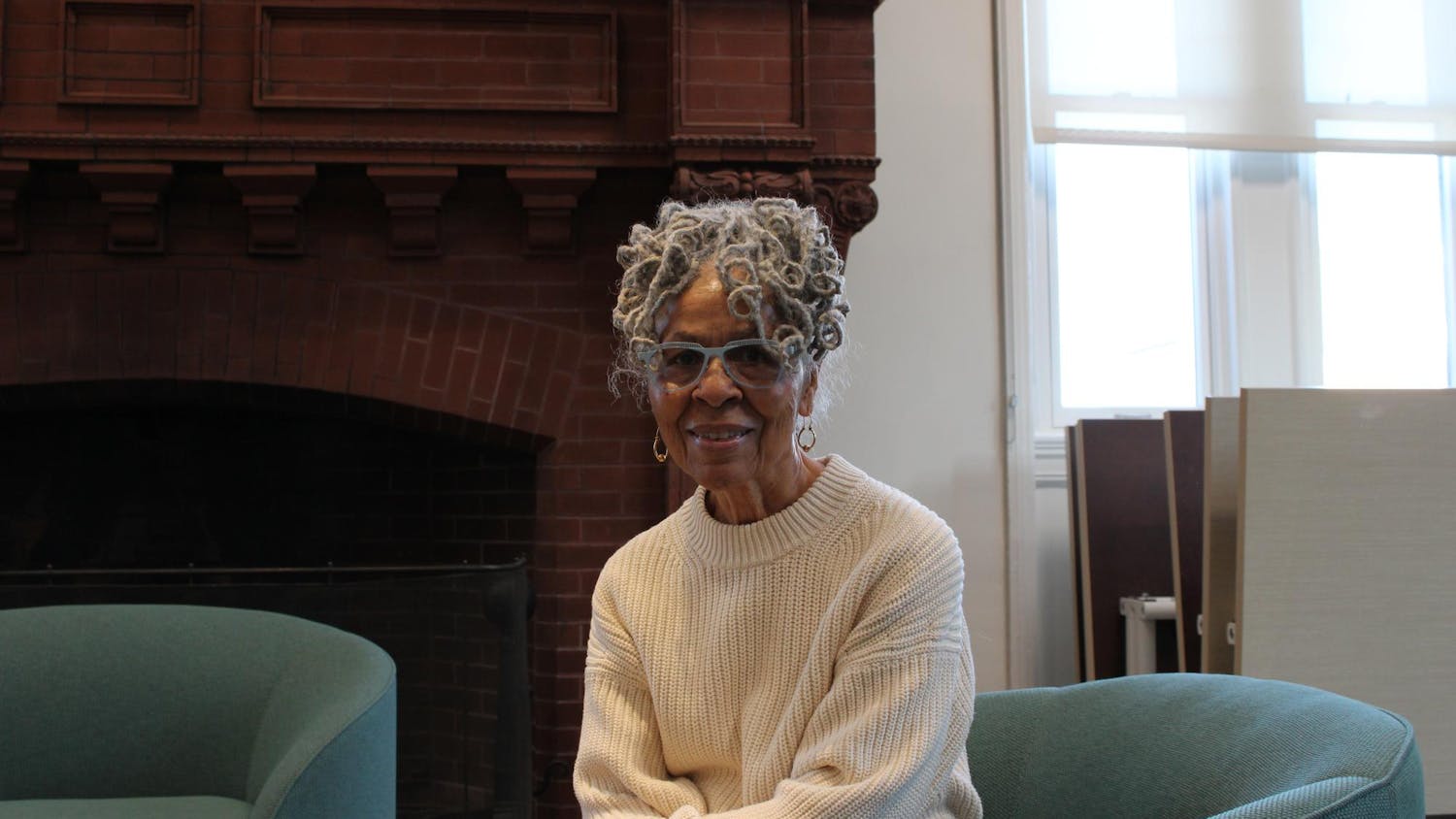Early this month, the Office of the Vice President for Research announced the 2022 Richard B. Salomon Faculty Research Awards. Named in honor of the chancellor of the University from 1977 to 1988, the awards provide up to $15,000 in funding to each accepted project, Vice President of Research Jill Pipher wrote in an email to The Herald.
Since the start of the program in 1995, Salomon awards have distributed more than $3.8 million to 268 projects, with preference given to junior faculty, according to Pipher. “These awards are especially important for the humanities and social sciences where $15,000 can support a significant amount of research,” she wrote.
Three of the 12 award recipients this year spoke to The Herald about their funded projects.
Knowledge migration in the biological century
Andrea Flores, assistant professor of education, is looking to explore how immigrants to the U.S. make career and migration decisions after graduate school. “I’ll be interviewing folks who have recently completed their PhDs in life sciences and work in academia or in the science industry,” she said.
In particular, the project will provide a “person-centered account of how folks who migrated for knowledge” make decisions after graduation, Flores added. The project will examine political, cultural and academic discourses that affect decisions, as well as interpersonal factors, she said.
Alongside interviews with current and recently graduated students, Flores will also talk to hiring managers and primary investigators from labs and observe participants in their professional and personal lives, she said.
“Basic science in the United States has often relied on immigration to fill labs with workers and innovative thinkers” Flores said. “I’m curious to see how the higher ed pipeline is changing as scientists make the decision of whether or not to stay in the U.S. and whether or not to stay in science,” she added.
“I’m honored to have received the (Salomon) award, and I’m honored they see promise in the research,” Flores said.
Leveraging new databases to understand medication use in the post-acute care setting among older adults with hip fracture
Kaley Hayes, assistant professor of health services, policy and practice, will examine pain medication use in older adults with hip fractures. “Pain management is really important. Hip fractures are really painful, and untreated pain for these patients can result in delirium and hinder a person’s ability to go through rehab,” Hayes said.
But there is a gap in medication data during transitions of care, specifically when people are discharged from hospitals to post-acute care facilities, she said. “The lack of data in the post-acute care setting means we have generally no idea what’s going on. There could be racial and ethnic differences in how pain is treated. There could be under-treatment or over-treatment of pain. My research aims to fill this gap,” she added.
Hayes’s research will specifically focus on remedying the lack of data from older patients with hip fractures in rehab and skilled nursing facilities, she said. To fill the data gap, Hayes and her team will link data on prescriptions provided by about 60% of U.S. nursing homes to Medicare claims, she added.
The Salomon award will go toward hiring data analysts, support for computing structures and ensuring data security, according to Hayes.
“I’m really grateful to have received the (Salomon) award,” Hayes said. “It really gives you a lot of confidence just to be able to have some support to do your own research and to know that the University puts forward resources to make sure junior faculty can be successful.”
Design of b-lactamase inhibitors
Mandar Naik, assistant professor of molecular biology, cell biology and biochemistry, will examine antibiotic resistance in his funded research project.
The project focuses on beta-lactamases, which are enzymes produced by antibiotic resistant bacteria that inactivate, or make ineffective, beta-lactam antibiotics such as penicillin and ampicillin, said Naik. “The goal of the project is to develop new beta-lactamase inhibitors” to help fight antimicrobial resistance, he added.
Naik will use nuclear magnetic resonance — a form of spectroscopy that allows scientists to see the molecular structure of a protein — to identify chemical fragments that bind to beta-lactamases, Naik said. Identifying the fragments will allow researchers to develop new inhibitors, he added.
“Antibiotic resistance is a big problem,” Naik said. “Antibiotics and inhibitors need to be used in combination to make antibiotics more effective.”
“The award to me is not only money. It’s also a recognition of what I’m trying to do,” Naik said. “Fragment based screening is not done at (Brown), and I have been trying to do this for quite some time. This award helps me get it done.”

Jared is a Senior Staff Writer for Science and Research. He is a senior from Albuquerque, New Mexico studying physiology and biotechnology. Outside of The Herald he likes to fish, ride bikes and research the role of metals in human health and disease.





